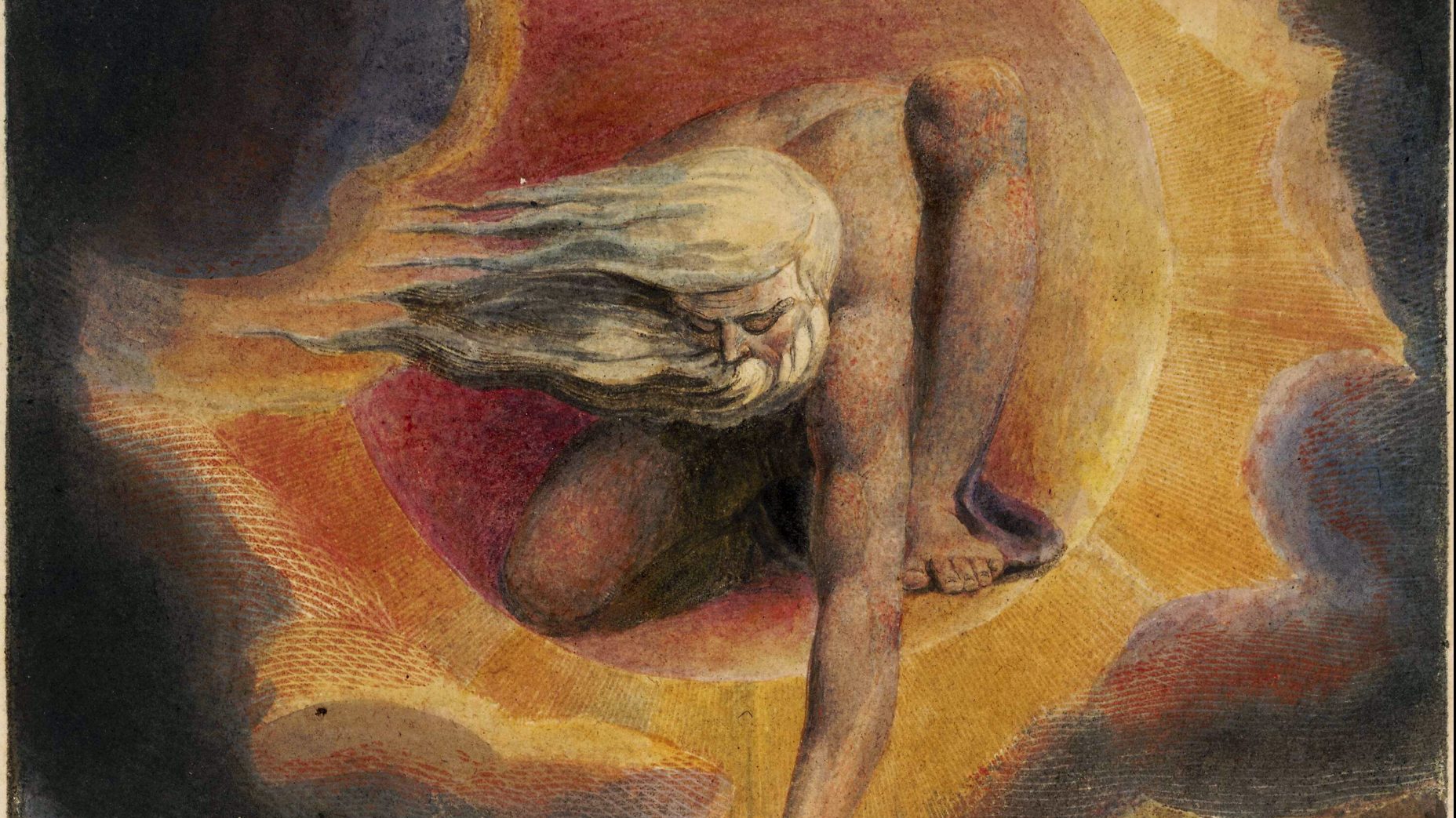The Days are Coming
First Sunday of Advent (C)
“The days are coming, says the Lord, when I will fulfill the promise” (Jer 33:14). This is how the first reading for the Mass on the First Sunday of Advent, the first Sunday of a new Church year, begins. The days are coming . . . The word advent means “coming.” As we prepare ourselves to look back and celebrate the Lord’s first coming among us at Christmas, we also look ahead to Lord’s second and definitive coming at the end of time. But what does his coming mean for us? Why have Christians for 2000 years prayed, Come, Lord Jesus? Why do we celebrate the fact that his coming has already begun when he became incarnate in Mary’s womb? What are these coming days we look forward to so eagerly? We are given the answer here, at the beginning of the Advent season: the days are coming when God will fulfill his promise.
What promise? The promise to raise up an Anointed One from David’s line who “shall do what is right and just in the land” (Jer 33:15) and “Jerusalem shall dwell secure” (Jer 33:16). It is a promise that justice and righteousness will be realized. This is what we all long for both in society and in our personal lives — that justice be done, people are treated lovingly and fairly, relating to one another peaceably and with mutual respect. This is the meaning of righteousness; that the right thing always be done. When we look out across this broken world, Isn’t that what we all long for? This is God’s promise.
How then should we live as inheritors of that promise? Last week as we celebrated the Solemnity of Christ the King, we reflected that to be a citizen of God’s kingdom, Christ must reign in our hearts. If we want to live in God’s coming world of justice, we must practice justice ourselves here and now. So St. Paul instructs us in the second reading to “abound in love for one another” (1 Thes 3:12), so that we may be blameless before God at the coming of Jesus (1 Thes 3:15). Jesus himself warns us in the gospel to be vigilant for that coming day.
“Beware that your hearts do not become drowsy,” he says, “from carousing and drunkenness and the anxieties of daily life” (Lk 21:34) but “be vigilant at all times” (Lk 21:36). Here our Lord warns us against two ways we might become distracted from the life of righteous love he calls us to share with him. One is from “the anxieties of daily life” — all the little cares and worries of this world. School. Jobs. Money. Insurance. Healthcare. Relationships. All the mess on the news. The laundry that needs doing. The emails that need answering. The dishes that refuse to wash themselves.
These are important things, but of these daily concerns our Lord tells us elsewhere, “Do not worry and say, ‘What are we to eat?’ or ‘What are we to drink?’ or ‘What are we to wear?’ All these things the pagans seek. Your heavenly Father knows that you need them all. But seek first the kingdom of God and his righteousness, and all these things will be given you besides” (Mt 6:31-33). Our Lord cautions that an excess of concern for our daily needs and responsibilities can become a barrier to authentic love of God and love of neighbor. It can become an obstacle to faith, hope and charity.
If we begin to feel that our daily burdens are too much to bear we may be tempted to fall into the opposite trap, the carousing and drunkenness Jesus also warns against. This is the fallacy of “eat, drink and be merry” that hedonists fall into, forgetting that there is more to this world than pleasure; a greater love than love of self. Placing too much concern on our own comfort and ease can also be a barrier to charity and justice.
Our Lord calls us to avoid both extremes of worrying too much and caring not at all, and instead calls us to live in the middle ground. The vigilance he calls us to is a life of trusting God to be merciful and just with us, while we work to be merciful and just with others. “Forgive us our trespasses,” we pray, “as we forgive those who trespass against us.”
If we understand the meaning of that prayer and keep it in our hearts and on our minds, then we can look forward not with fear but with hope for those coming days when “the powers of the heavens will be shaken,” and we “will see the Son of Man coming in a cloud with power and great glory” and meet him with our heads raised, confident that our redemption and his eternal reign of justice is and hand (cf. Lk 21:26-28).

